Professional and Trustworthy
Think out of the Box
Think Efficiency
Think about Bag-in-Box for your packing solutions
About US
We help you execute your packaging solution from Start To Finish.
Need packaging from anywhere in the world? We simplifies the entire process. We know how complicated it is to source globally, dealing with different rules, quality, and logistics. That’s why we connect you with the perfect packaging solutions. Our expert team uses a vast network of trusted global suppliers to manage everything for you. We ensure you get the right materials, at the right price, delivered straight to your door. Partner with us to streamline your supply chain, reduce expenses, and guarantee your products are perfectly packaged and protected.
Bag-in-Box making equipment
We work with one of the most reputable bag making manufacturer. Their advanced Automatic High Speed Bag-in-Box making is one of the most advanced in the industry.
Bag in Box
Pillow design is a flexible packaging ideal for a variety of markets. Our liners range in size from 1L to25L.
Fitments
We offer a variety of fitments to ensure the integrity of your products and improve efficiencies. All our fitments and accessories are compatible with our Bag-in-box solutions.
Filling Equipment
We work with trusted equipment manufacturers to take the fear and guesswork out for product validation and customer acceptance. Our Semi-and-Fully Automatic equipment are well accepted all our the world.
Every Process, perfected for uncompromising Quality Inspection and Test.
Benefits of Bag-in-Box
Bag-in-Box (BiB) packaging offers numerous advantages over traditional rigid containers (such as jerrycans, plastic pails, bottles, jars, or drums) across various stages of the product lifecycle, from manufacturing and logistics to consumer use and environmental impact. Here’s a breakdown of the key benefits:
1. Cost Efficiency
Lower Material Costs: BiB typically uses less plastic and other raw materials compared to rigid containers of equivalent volume, leading to lower per-unit material costs.
Reduced Transportation Costs: Empty BiB packaging is shipped flat, taking up significantly less space than empty rigid containers. This translates to more units per truckload, fewer shipments, and substantial savings on inbound freight.
Optimized Storage: Similarly, flat-packed BiB requires less warehouse space for storage before filling, reducing warehousing costs.
2. Extended Product Shelf Life
Oxygen Barrier: The flexible bag often incorporates multi-layered films with excellent oxygen barrier properties. This protects oxygen-sensitive products (like wine, juice, or liquid food) from oxidation, preserving freshness, flavor, and nutritional value for longer, both before and after opening.
Aseptic Filling Capability: Many BiB systems support aseptic filling, allowing products to be filled without preservatives and extending ambient shelf life significantly.
No Air Ingress During Dispensing: As product is dispensed, the bag collapses, preventing air from entering the container. This is a major advantage over rigid containers, where air fills the headspace as liquid is removed, leading to faster spoilage.
3. Environmental Sustainability
Reduced Material Usage: As mentioned, BiB uses less material, leading to a smaller carbon footprint during production.
Lower Transportation Emissions: The efficiency in shipping both empty and filled BiB (due to better cube utilization) results in fewer trucks on the road and lower greenhouse gas emissions.
Less Waste Volume: Once empty, the collapsed bag and flattened box take up less space in landfills compared to bulky rigid containers, although recyclability depends on local infrastructure for multi-material bags and cardboard.
Improved Product Yield: The ability to fully evacuate the bag minimizes product waste for the consumer.
4. Convenience and User Experience
Easy Dispensing: Integrated taps or spouts provide convenient, controlled pouring, reducing spills and drips.
Portion Control: Taps allow for precise portioning, which is beneficial for both consumers and commercial users.
Space Saving (Post-Use): Once empty, the bag can be easily removed and the box flattened, taking up minimal space in recycling bins or waste streams.
Safety: BiB is lighter and less prone to breakage than glass bottles, making it safer to handle, transport, and use, especially in environments where glass is prohibited (e.g., poolside, outdoor events).
Large Format Availability: BiB is ideal for larger volumes (e.g., 3L, 5L, 10L, 20L), offering a convenient and cost-effective solution for bulk consumption or commercial use without the weight and fragility of large rigid containers.
5. Branding and Marketing Opportunities
Large Printable Surface: The outer corrugated box provides a large, flat surface for high-quality graphics, branding, and product information, offering excellent shelf appeal.
Versatility in Design: The box can be designed in various shapes and sizes to stand out on shelves.
6. Operational Efficiency for Businesses
Faster Filling Lines: BiB filling equipment can often operate at high speeds, improving production throughput.
Reduced Breakage: The inherent flexibility and durability of the bag-in-box system minimize product loss due to breakage during filling, handling, and transportation.
Lower Labor Costs: Automated BiB filling and packing lines can reduce the need for manual labor.
While rigid containers still hold advantages in certain applications (e.g., carbonated beverages requiring pressure resistance, premium perception for certain products), Bag-in-Box packaging continues to grow in popularity due to its compelling combination of economic, environmental, and practical benefits.
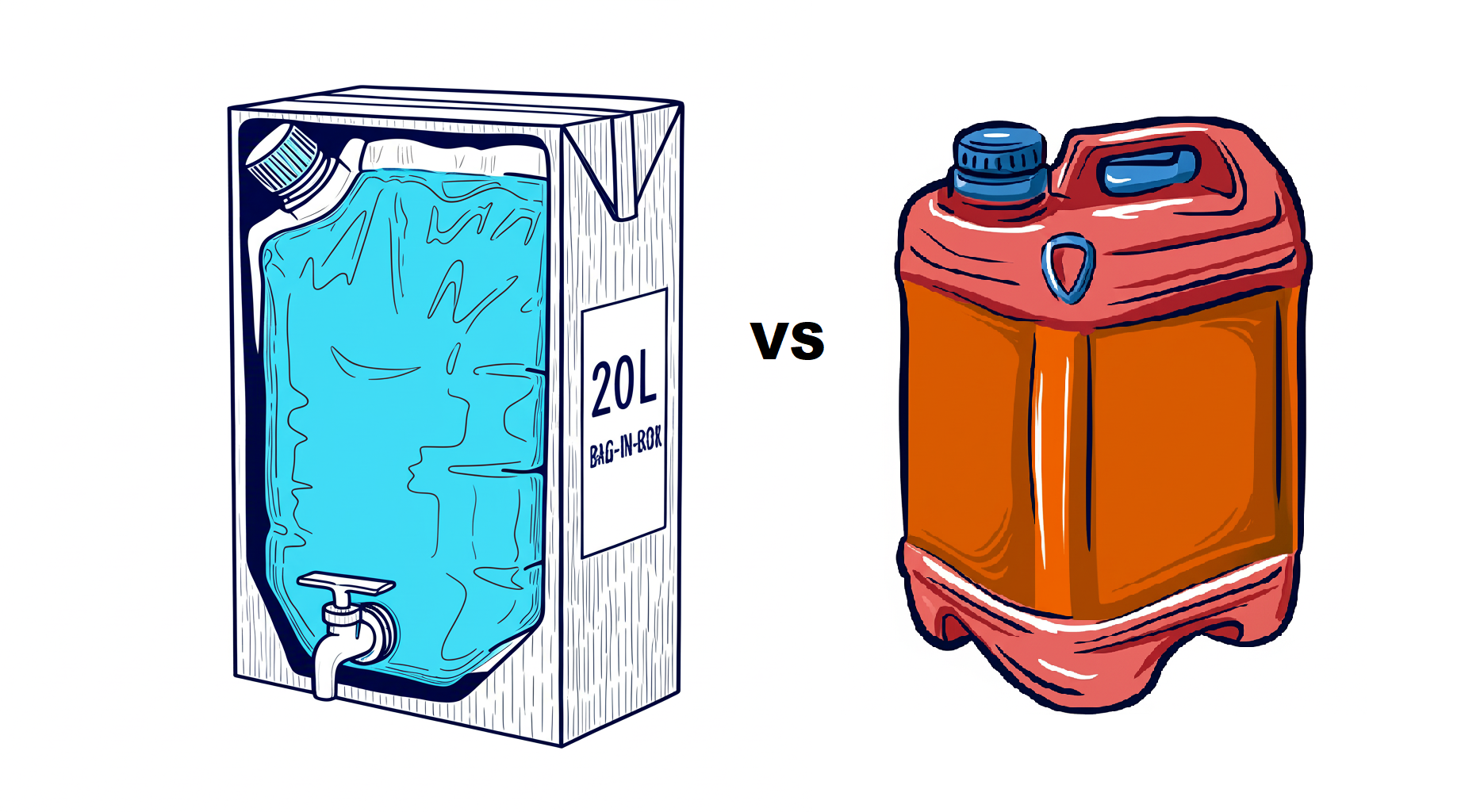
Bag in Box vs. Rigid Container
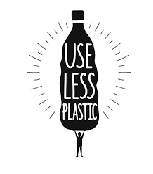
- Reduced cost using less plastic materials in production of Bag-in-Boxthan rigid container
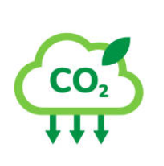
- Fewer CO2 emission during transportation than rigid container packaging.

- Fewer CO2 emission during production than rigid container packaging.

- Required less storage space as the carton boxes are stackable and use less space after it.
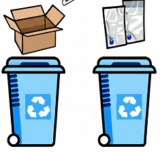
- Discarded Carton Boxes and plastic BIB are easily recycleable
Bag-in-Box Applications
Bag-in-Box packaging serves a wide and growing array of markets due to its versatility, cost-effectiveness, and ability to extend product shelf life. Here are some of the primary markets and product categories where BiB is commonly used.

Edible Oil
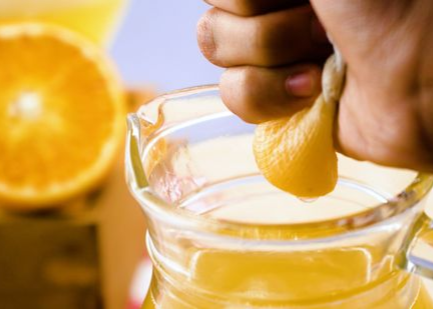
Juice
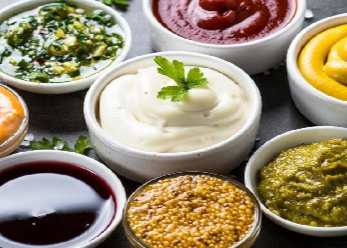
Condiments

Dairy
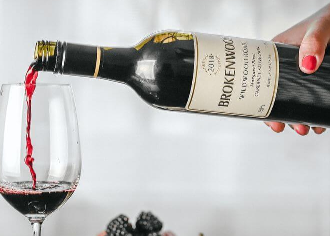
Wine
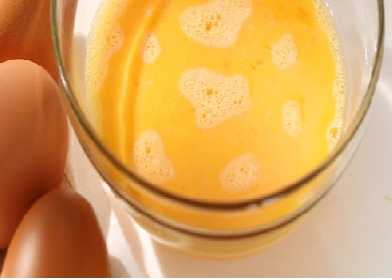
Liquid Eggs
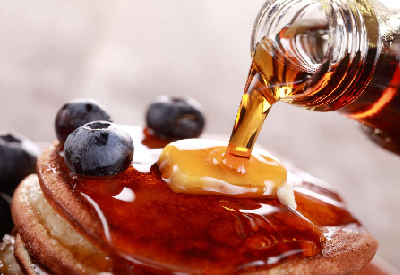
Syrup

Detergent

Paint
